Oracle SQL and PL/SQL (Procedural Language/SQL)
What is Oracle SQL?
Oracle SQL (Structured Query Language) is a powerful and widely-used database query language specifically designed for managing data stored in Oracle databases. It provides a comprehensive set of commands and functions for querying, updating, and managing relational databases.
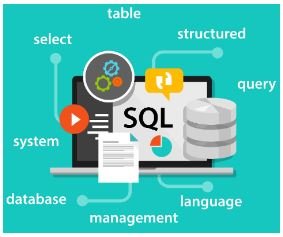
Oracle SQL is essential for interacting with Oracle Database Management Systems (DBMS) and is used by database administrators, developers, and analysts to perform various tasks.

Key Features of Oracle SQL:
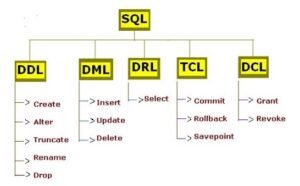
- Data Querying
- SELECT Statement: Used to retrieve data from one or more tables in the database.
- WHERE Clause: Filters data based on specified conditions.
- Joins: Allows combining data from multiple tables based on related columns.
- Subqueries: Queries nested within other queries for complex data retrieval.
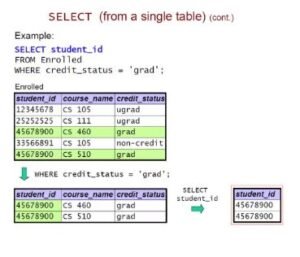
- Data Manipulation
- INSERT: Adds new rows of data into a table.
- UPDATE: Modifies existing data in a table.
- DELETE: Removes rows of data from a table.
- MERGE: Combines insert, update, and delete operations into a single statement.
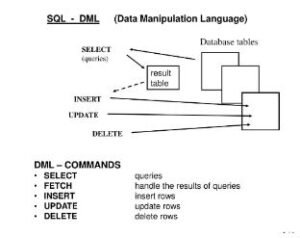
3. Data Definition
- CREATE TABLE: Creates a new table in the database.
- ALTER TABLE: Modifies the structure of an existing table.
- DROP TABLE: Deletes a table from the database.
- CREATE INDEX: Creates indexes on table columns for faster data retrieval.
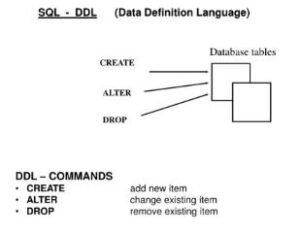
- Data Control
- GRANT: Gives specific privileges to users or roles.
- REVOKE: Removes previously granted privileges.
- CREATE USER/ROLE: Creates new database users or roles.
- ALTER USER/ROLE: Modifies user or role properties.

- Data Aggregation and Grouping
- GROUP BY: Groups rows based on specified columns.
- HAVING: Filters groups based on aggregate conditions.
- Aggregate Functions: SUM, AVG, MAX, MIN, COUNT, etc., for calculating summary statistics.
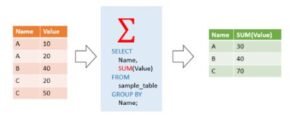
What is PL/SQL (Procedural Language/SQL)?
PL/SQL is Oracle’s procedural extension to SQL, providing additional programming capabilities within the Oracle database environment. It allows developers to write procedural code blocks, such as loops, conditional statements, and exception handling, directly within SQL commands. PL/SQL enhances the functionality of SQL by providing a more robust programming language for developing complex database-driven applications.
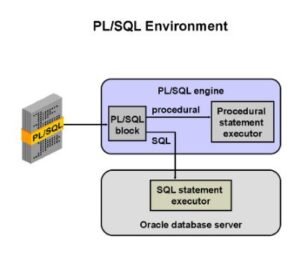
Key Features of PL/SQL:

- Procedural Constructs
- Variables: Declare and use variables to store data.
- Control Structures: IF-THEN-ELSE, CASE, LOOP, WHILE loops, etc., for program flow control.
- Exception Handling: Catch and handle errors that occur during execution.
- Cursors: Explicitly process individual rows returned by SQL queries.
- Functions and Procedures: Define reusable blocks of code for specific tasks.
- Data Manipulation and Querying
- SELECT INTO: Assigns query results to variables.
- INSERT, UPDATE, DELETE: Perform DML operations within PL/SQL blocks.
- Dynamic SQL: Construct and execute SQL statements dynamically at runtime.
- Modularity and Reusability
- Functions: Return a single value and can be used in SQL queries.
- Procedures: Perform specific tasks and can have input and output parameters.
- Packages: Group related procedures, functions, variables, and types together for easier management and reuse.
- Performance Optimization
- Bulk Processing: Process multiple rows of data at once for better performance.
- Cursor Variables: Pass cursors as parameters to procedures and functions.
- Integration with SQL
- SQL and PL/SQL Integration: Seamlessly integrate SQL statements within PL/SQL code blocks.
- DDL Triggers: Execute PL/SQL code in response to DDL (Data Definition Language) events.
Summary
- Oracle SQL is the query language used to interact with Oracle databases, providing commands for querying, updating, and managing data.
- PL/SQL is Oracle’s procedural extension to SQL, allowing developers to write procedural code blocks within the database environment for more advanced application development and data manipulation tasks.
![]()


